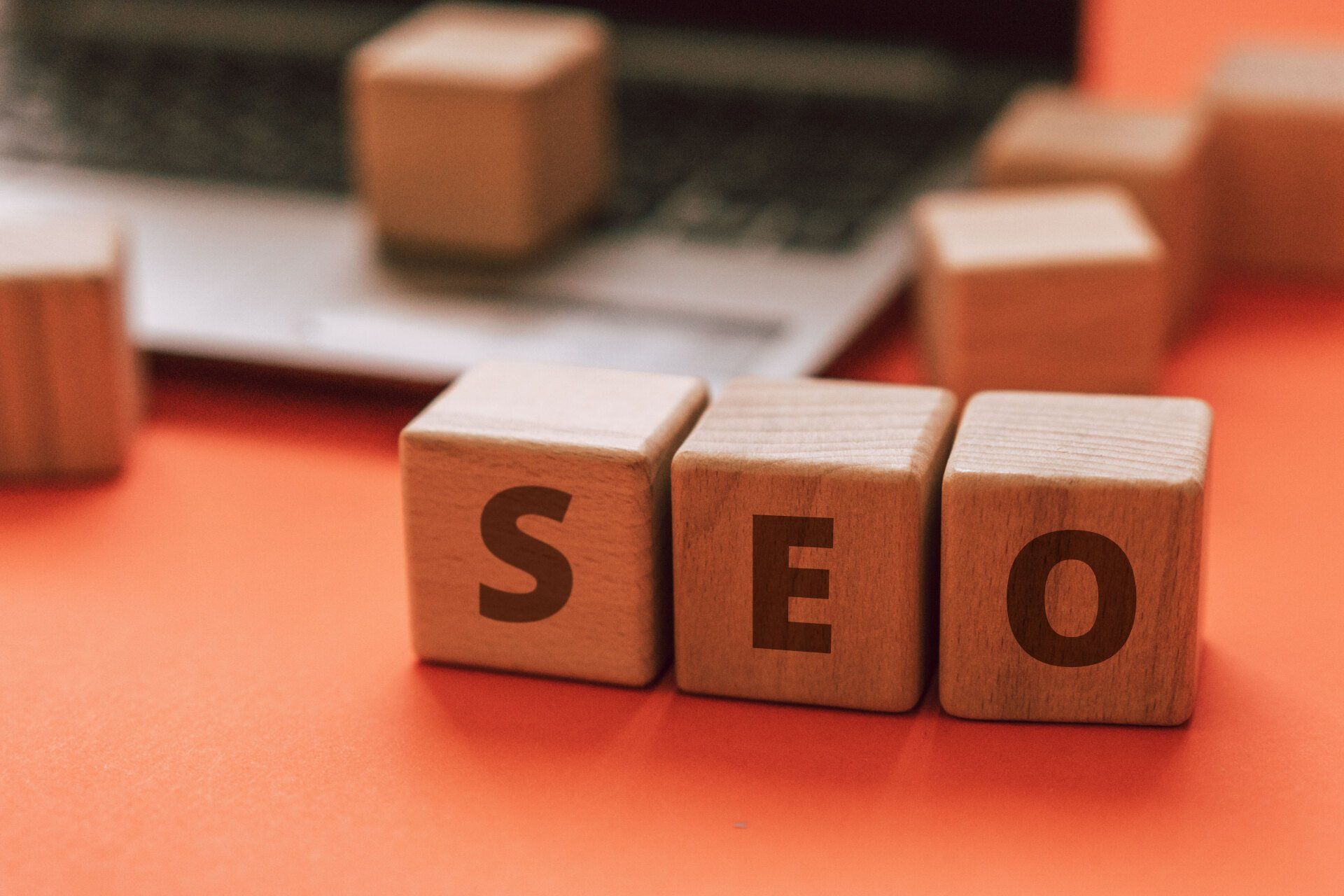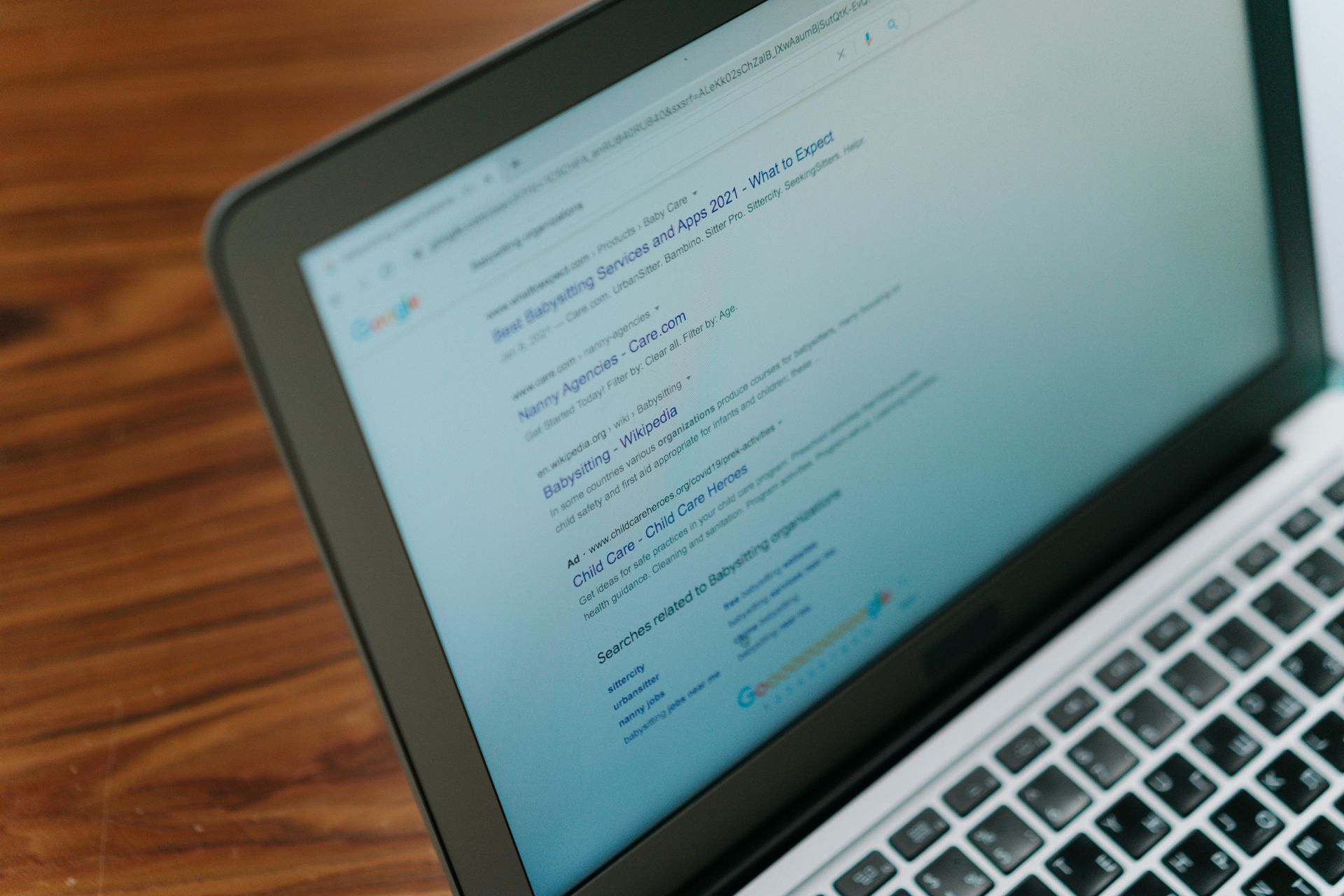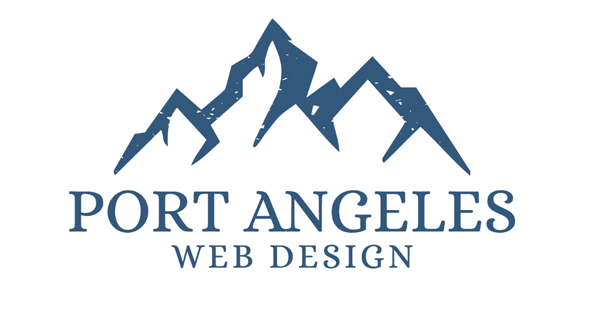How secure is your Website?
There was a time when people were only concerned with a secure website connection if it was an e-commerce website. Obviously, if you are going to make a purchase online with a credit card, you do not want your information to be transmitted without encryption. Today, with spammers and hackers causing havoc at every turn, more and more people are becoming sensitive to online security. Starting in December 2015, Google started pushing e-commerce websites to become more sensitive to security. They recognized early on that credit card theft wasn't the only goal of the unscrupulous. Eavesdropping, man-in-the-middle attacks, or data modification was becoming more and more perverse. As a user, you may not be immediately aware of the impact of eavesdropping or data modification, but think about how many times you have visited a website and signed up for a newsletter or completed an online form that included your name and address. These are little nuggets for spammers and identity thieves.
In Googles, December 2015 notice to websites owners that they should invest in securing their websites with an SSL Certificate, was their announcement that they would give a "slight ranking boost to HTTPS URLs in search results." Then in January 2017, Google went much further with their release of Chrome 56. The latest Chrome browser rewards HTTPS connections with a Padlock icon and the word SECURE. Non HTTPS sites are marked with a neutral indicator.
By putting your entire website behind SSL, it protects your visitors/members by preventing eavesdropping on your internet communications, increasing your privacy, blocking many types of hacks and security intrusions, and verifying to the visitor that your website is really you, and not some "spoof" that was set up to trick people.
If your website doesn't have an SSL Certificate (HTTPS URL), being punished by Google's ranking isn't the only negative item you are faced with. A non-secure website is much more likely to be a victim of malware. Malware is designed to steal data or perform other damaging tasks. Phishing scripts uploaded to your site allows spammers to send fake emails from your account. And if you think your website isn't popular enough, or your content isn't important enough to become the victim of hackers, think again. It's not uncommon for us to get a new Client because their website was hacked and the site taken offline by malware. If your website is on a 'shared hosting' plan, you are responsible for cleaning up the malware or risk your website being shut down by your host. Costs for removing malware can range from $52 to several hundred, depending on the extent and number of files infected.
The latest research by Acunetix reveals around 84% of websites contain vulnerabilities. If you want to rest easy, consider our website development and hosting services. Our websites come with an SSL Certificate and are hosted on Amazon Cloud business-class servers.
Contact us today for a FREE, no-obligation consultation.




